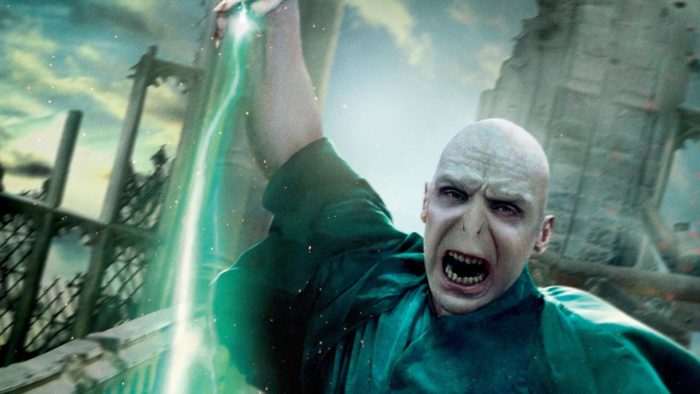Published in Nikkei Asian Review 9/1/2014
In late December Prime Minister Abe visited Yasukuni Shrine and paid his respects to those who gave their lives in service of the Japanese state.
This includes some foreign nationals, such as the elder brother of former Taiwanese President Chen Shu-bian, but excludes Japanese citizens who fought against the Meiji State, such as Japanese hero Saigo Takamori, model for the rebel leader in The Last Samurai.
Controversially it also includes fourteen Class A war criminals who were quietly added to the roster of the dead in the late 1970s.
By making his visit at a period of down-time for the global media, Mr. Abe may have hoped to minimize the overseas reaction. If so, he was over-optimistic.
The US government declared itself “disappointed.” EU spokesman Baroness Ashton stated that the shrine visit was “not conducive to lowering tensions.” Columnists and bloggers at prestigious Western publications were almost universally critical.
Globally, the narrative was simple. Japan’s prime minister, invariably described as a “nationalist”, had transgressed and other Asian nations were understandably outraged. In reality only two countries voiced their anger – China and South Korea. The propaganda machine of the other regular protestor, North Korea, appears to have been otherwise occupied on this occasion.
There was little historical background in any of the coverage. Readers were given the impression that “Class A war crimes” represented some pinnacle of heinousness, rather than the retrospectively-defined offence of conspiring to wage aggressive war. Likewise, there was no mention of the serious doubts that reputable scholars have raised about the fairness of the legal process. In today’s world nobody has any time for nuance.
The Chinese ambassador in London made fast and clever use of the opportunity. In a New Year’s Day article, he compared Japan to Voldemort, the vampire-like villain of the Harry Potter series, and appealed to Britain as a wartime ally to support China in its disputes with Japan. This came a few weeks after British Prime Minister David Cameron had visited Beijing with the explicit purpose of securing Chinese FDI. Amazingly the conservative government has already allowed Chinese companies to own stakes of up to 30% in UK nuclear power plants.
In reality, Japan is far more important to the UK economy than China. Japanese companies have created some 130,000 British jobs and account for two thirds of the output of the UK auto industry. In comparison the numbers for Chinese companies are trivial. And needless to say it is China, with its authoritarian government, politically powerful military-industrial complex and aggressive pursuit of territorial claims, not just against Japan , but also against India and the countries of South East Asia, that is the better fit for “he who must not be named.” Yet it is China that controls the Yasukuni narrative and whose viewpoint is reflected in the global media.
Mr. Abe probably decided to visit Yasukuni precisely because of the reaction to be expected from neighbouring countries. Many ordinary Japanese people are resentful of being continually guilt-tripped about the colonial era and will support a leader prepared to stand up to the barrages of hostile rhetoric. After all Japan’s longest serving prime minister of the last forty years, Junichiro Koizumi, went to Yasukuni five times and the public loved him for it.
The problem is that the world has changed dramatically since then. China’s economy has doubled in size and its posture toward the region and the world as a whole has become not just more assertive, but more sophisticated too. Apart from the smart operators of its diplomatic corps, it can deploy the legions of “fifty cent army” commentators who clog the websites of media organizations with pro-China sentiments and the tame academics employed in Confucius Institutes and China-sponsored university departments. There is also support amongst big businesses that have shifted manufacturing operations to China and the sizeable populations of ethnic Chinese around the world.
As ever, the rise of a new great power is disruptive. The lineaments are already visible of a multi-decade contest for power and influence that will probably involve all the region’s major and minor players in shifting configurations and span a variety of different domains – financial, technological, military and cultural. Japan has a crucial role to play in the great game that is unfolding. The Abenomics project is laying the groundwork for an economic revival that will allow that to happen. Yet if Japan is to maximize its assets, it needs to become much more pro-active about the way it presents itself in the world. It needs its own team of media-savvy, globally-aware operators capable of setting the agenda as rapidly and ruthlessly as the Chinese Ambassador to the court of St James’s.
Every time the focus is on the events of seventy and eighty years ago, it means a loss for Japan and a win for China. When the focus is on the problems of today – human rights, democracy, equality, corruption, pollution, treatment of ethnic minorities, hacking and theft of intellectual property – it’s the other way round. The message for Japan is clear. Keep the focus on the here and now as relentlessly as the Chinese do on the past.
